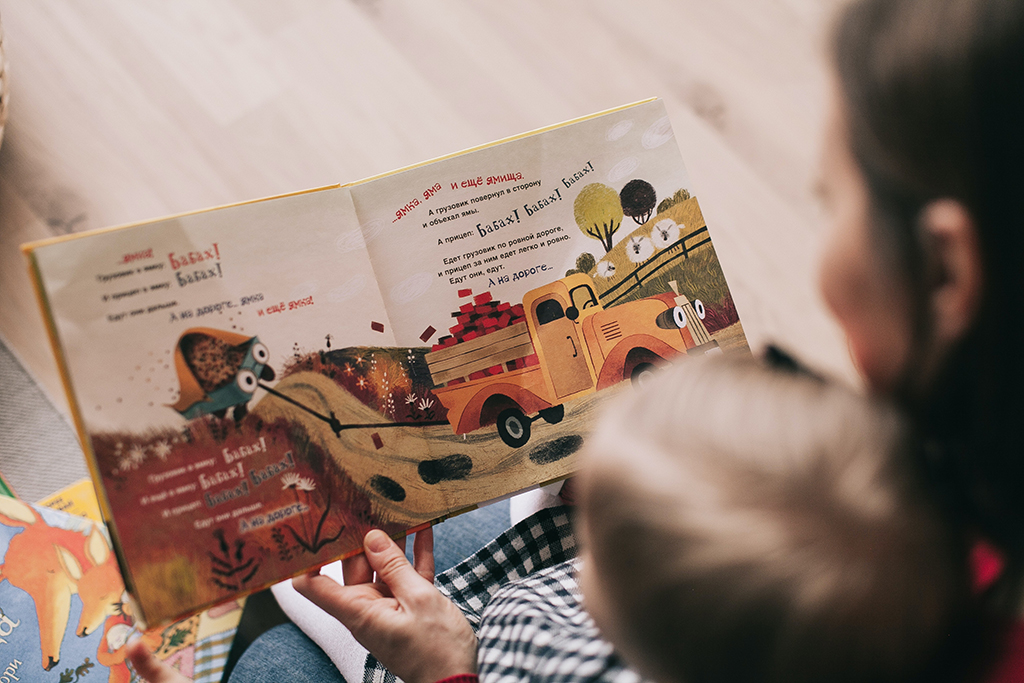
Americans tend to be impressed by people who speak multiple languages. Most wish they could speak a second language. Or, if they are already bilingual, they may want to help their children learn a new language. Hosting an international au pair gives families a fun and practical way to expose their kids to daily language learning and a new culture at an early age.
The majority of American school systems only offer second language instruction to the high school students. By this point, a crucial window in language development has been missed. It’s something known and practiced in many countries around the world: the earlier a child is exposed to a second (or third or fourth) language, the more easily they will become proficient.
So, why is it so important to start early when sharing a new language with children?
First of all, kids’ brains are like sponges. Ever wonder why a four-year-old can beat you virtually any video game and you can’t figure out how to make your character jump? It’s because children have an amazing ability to process and maintain new information. This makes them great language learners! Ecuadorian au pair, Sofia, recounts of her host family’s children, “Every time they fall or bump their head or something, I sing them a song that is very common in South America. It goes ‘Sana sana (part of the body that’s hurt – let’s pretend it’s the head) cabeza de rana, si no sana hoy, sanará mañana.’ I usually sang that to my old host kid, and one day baby Clara said ‘I want sana sana!’ because she had hurt her finger. I was very surprised how she understood.”
Studies have also shown that knowing a second language reshapes the way we think. According to a 2015 article published in Psychological Science, author Panos Athanasopoulos claims “By having another language, you have an alternative vision of the world… You can listen to music from only one speaker, or you can listen in stereo … It’s the same with language.”
So learning a second language not only affects linguistic abilities, it also has a cognitive effect on the way children perceive the world. It enhances critical thinking and helps them find multiple ways to solve the same problem.
And remember, you are literally giving them more access to the world. As the planet becomes more and more connected, your children will have unprecedented access to information. But only 15% of the world’s population speaks English. And only one third of those English speakers consider it their native language. The ability to communicate in another language vastly increases the resources available to your children.
Further, as American schools become more and more culturally diverse, being bilingual opens new doors to friendships and connections that may not have otherwise existed.
In the long-term, a new language can help shape your child’s career success. The long-accepted belief that English is the language of business is changing. With the UK’s withdrawal from the European Union and a continuous shift in global economic power, employers are placing more importance on language abilities. Similarly, as diversity increases, the importance of speaking another language is growing in nearly all sectors of the workforce.
So, while learning a nursery rhyme in Portuguese or how to count in German may seem inconsequential now, the benefits to your child can be priceless. You can give your children a head start by hosting an international au pair in your home.



